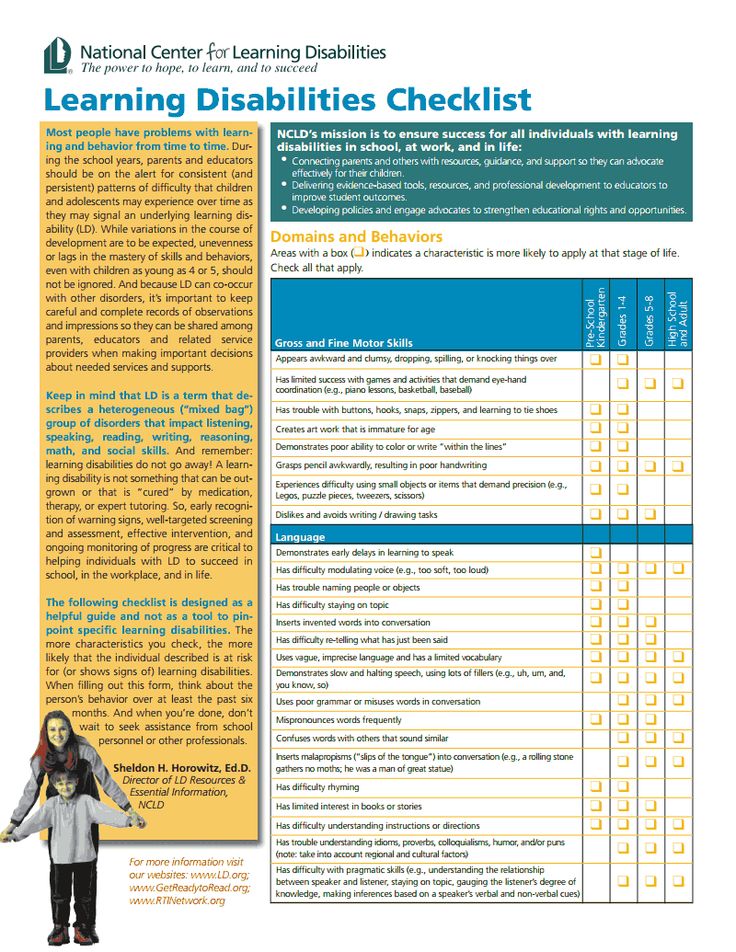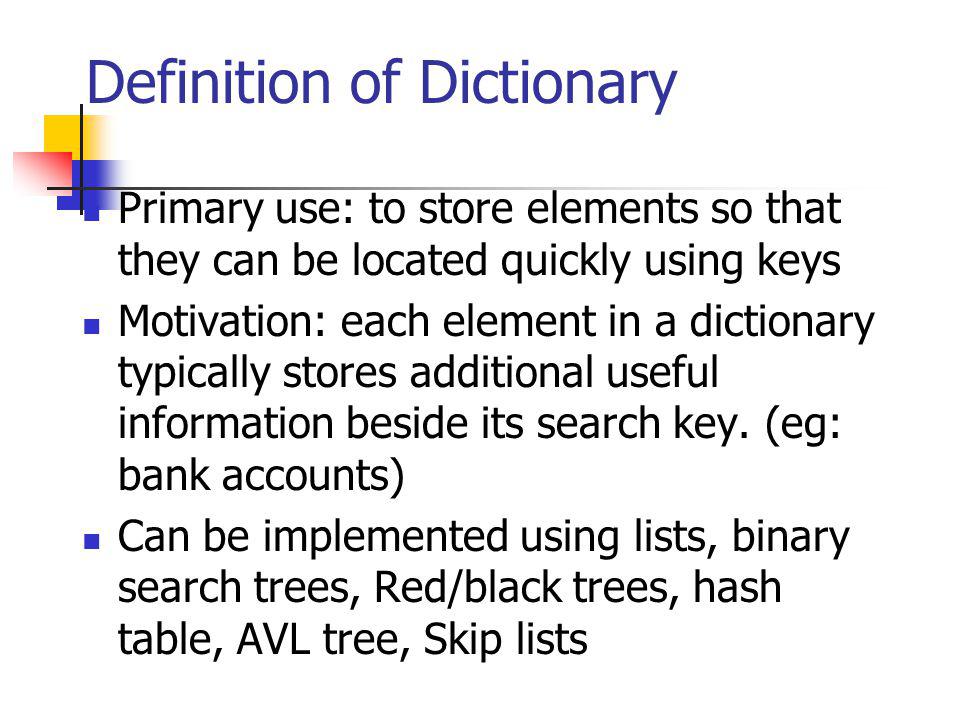What jealousy does to a relationship
How Jealousy Can Negatively Affect a Relationship
Understanding what’s at the root of the emotion can help you cope with jealous behavior.
No one wants to admit being jealous, but we’ve all felt it. We all know that stingy realization that something or someone we love is at risk of being lost or taken from us.
Jealousy can be a reflection of our innermost thoughts. We then project the emotion onto our reality and relationships.
Jealousy can create unhelpful patterns of behaviors and intrusive thoughts that can leave relationships reeling.
Even though jealousy can be problematic in relationships, the emotion can be redirected and reframed into productive, meaningful avenues for growth and acceptance.
Has your partner become more controlling by questioning your behaviors and motives? Are you feeling insecure and creating scenarios in your head and destructively projecting them onto your relationship? If so, jealousy might be the culprit.
Jealousy is the emotion we can experience when something of value — such as our romantic relationships or positions at work — is being threatened and can be potentially taken from us.
Also, jealousy can arise spontaneously and potentially sabotage our otherwise healthy and harmonious relationships.
Still, the emotion occurs naturally in humans and can invite us to turn our attention toward the root of the feelings we’re experiencing.
Some might argue that jealousy in relationships isn’t “bad” and can be quite constructive. But there is a fine line between jealousy as a healthy motivator and jealousy as the destructive antagonist.
Jealously runs on assumptions and can make you imagine circumstances that aren’t there. Understanding how signs of jealousy may show up within a relationship can be helpful.
Because every relationship is unique, jealousy may appear in various ways and look different for everyone. The following are common signs that indicate your partner might be experiencing jealousy:
- possessive or controlling behavior
- isolation
- constant reassurance
- monitoring your whereabouts and communications
- distrust or suspicion
- lack of boundaries
- increased volatility
Becoming aware of toxic behaviors in your relationship can help you examine how your actions may affect your partner.
Behaviors that you may notice can include but aren’t limited to:
- restricting your ability to communicate with others
- going through your phone when you’re not around
- checking your text messages and emails without consent
- threats or acts of physical violence
If you or someone you know are experiencing domestic violence, you can:
- Call the National Domestic Violence Hotline 24 hours a day at 800-799-7233
- Contact loveisrespect.org by texting LOVEIS to 22522 or calling 866-331-9474
- Visit the National Coalition Against Domestic Violence for a list of resources
Anxiety and its trademark “what ifs” can create something out of nothing and leave the door open for jealousy to take root in your relationship.
According to a small 2021 study, people who monitor their partners on social media or mistrust online communication experience higher levels of jealousy and attachment anxiety.
The same study also reported that jealousy responses in relationships typically increase if an individual lives with attachment anxiety.
Behavioral patterns in previous relationships can also make you more likely to become jealous or experience jealousy in your relationship.
Jealousy is often a cover for underlying issues, such as:
- insecurity
- low self-esteem
- neuroticism
- fear of abandonment
These issues can fuel jealousy and manipulate a person’s behavior. They can also cause harm that can be hard to recover from.
If jealous behavior and feelings impact your relationship, implementing strategies and techniques can help you navigate back to a more peaceful place. The following are some to consider.
Explore the root of jealousy
Try to identify why jealousy has become an issue and communicate openly with your partner about their point of view.
You may also consider asking a trusted friend for their opinion.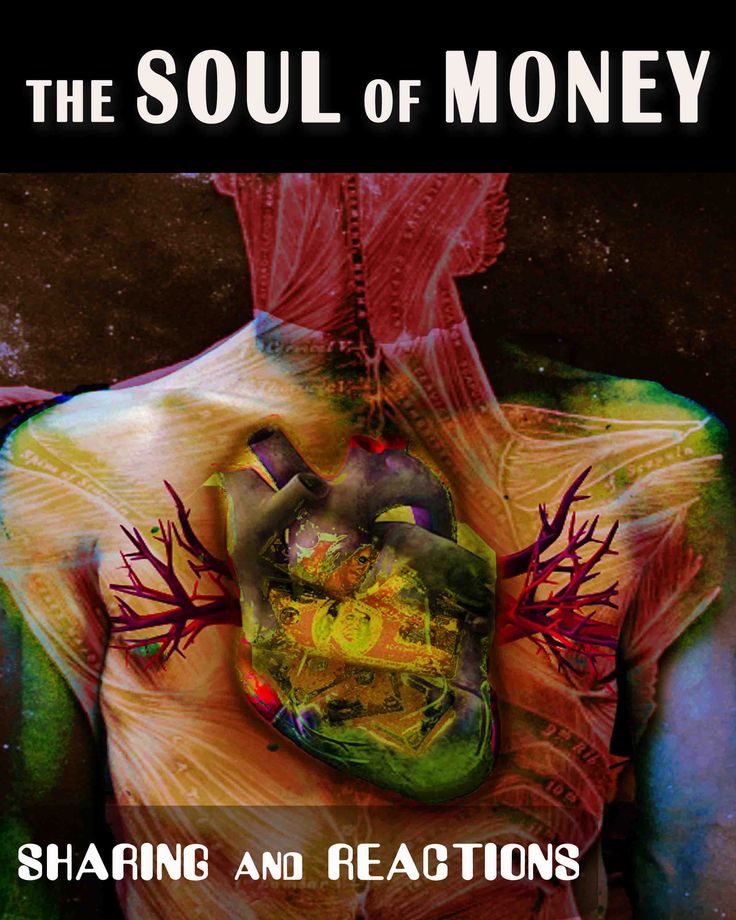 You might be surprised how a different perspective can help you see more clearly.
You might be surprised how a different perspective can help you see more clearly.
Focus on the present moment
The presence of jealousy can be an opportunity to discuss the reality of your relationship versus the perception of what it should be.
Mindfulness and gratitude practices may also be beneficial for overcoming jealousy. Being grateful for the relationship you have, perfect or not, can help you identify all the things that work.
Therapy
Couples therapy may also prove beneficial.
Finding a space where we feel comfortable expressing our true feelings, especially on a sensitive topic like jealousy, can be difficult.
A therapist can help guide your discussions so that you and your partner can get to the root causes of jealousy. They can also help you work to reframe unhelpful behaviors or intrusive thoughts.
Jealousy is a natural emotion, but it can create quite a challenge for even the strongest relationships.
Whether you notice jealousy in your partner or yourself, understanding why jealousy is present is crucial to the relationship’s survival.
Try to observe how jealousy affects your relationship and explore the root cause without judgment.
It may take time, but you can overcome jealousy with an openness to communicate and an ability to employ gratitude toward your partner and relationship.
How Jealousy Can Negatively Affect a Relationship
Understanding what’s at the root of the emotion can help you cope with jealous behavior.
No one wants to admit being jealous, but we’ve all felt it. We all know that stingy realization that something or someone we love is at risk of being lost or taken from us.
Jealousy can be a reflection of our innermost thoughts. We then project the emotion onto our reality and relationships.
Jealousy can create unhelpful patterns of behaviors and intrusive thoughts that can leave relationships reeling.
Even though jealousy can be problematic in relationships, the emotion can be redirected and reframed into productive, meaningful avenues for growth and acceptance.
Has your partner become more controlling by questioning your behaviors and motives? Are you feeling insecure and creating scenarios in your head and destructively projecting them onto your relationship? If so, jealousy might be the culprit.
Jealousy is the emotion we can experience when something of value — such as our romantic relationships or positions at work — is being threatened and can be potentially taken from us.
Also, jealousy can arise spontaneously and potentially sabotage our otherwise healthy and harmonious relationships.
Still, the emotion occurs naturally in humans and can invite us to turn our attention toward the root of the feelings we’re experiencing.
Some might argue that jealousy in relationships isn’t “bad” and can be quite constructive. But there is a fine line between jealousy as a healthy motivator and jealousy as the destructive antagonist.
Jealously runs on assumptions and can make you imagine circumstances that aren’t there. Understanding how signs of jealousy may show up within a relationship can be helpful.
Understanding how signs of jealousy may show up within a relationship can be helpful.
Because every relationship is unique, jealousy may appear in various ways and look different for everyone. The following are common signs that indicate your partner might be experiencing jealousy:
- possessive or controlling behavior
- isolation
- constant reassurance
- monitoring your whereabouts and communications
- distrust or suspicion
- lack of boundaries
- increased volatility
Becoming aware of toxic behaviors in your relationship can help you examine how your actions may affect your partner.
Behaviors that you may notice can include but aren’t limited to:
- restricting your ability to communicate with others
- going through your phone when you’re not around
- checking your text messages and emails without consent
- threats or acts of physical violence
If you or someone you know are experiencing domestic violence, you can:
- Call the National Domestic Violence Hotline 24 hours a day at 800-799-7233
- Contact loveisrespect.
org by texting LOVEIS to 22522 or calling 866-331-9474
- Visit the National Coalition Against Domestic Violence for a list of resources
Anxiety and its trademark “what ifs” can create something out of nothing and leave the door open for jealousy to take root in your relationship.
According to a small 2021 study, people who monitor their partners on social media or mistrust online communication experience higher levels of jealousy and attachment anxiety.
The same study also reported that jealousy responses in relationships typically increase if an individual lives with attachment anxiety.
Behavioral patterns in previous relationships can also make you more likely to become jealous or experience jealousy in your relationship.
Jealousy is often a cover for underlying issues, such as:
- insecurity
- low self-esteem
- neuroticism
- fear of abandonment
These issues can fuel jealousy and manipulate a person’s behavior.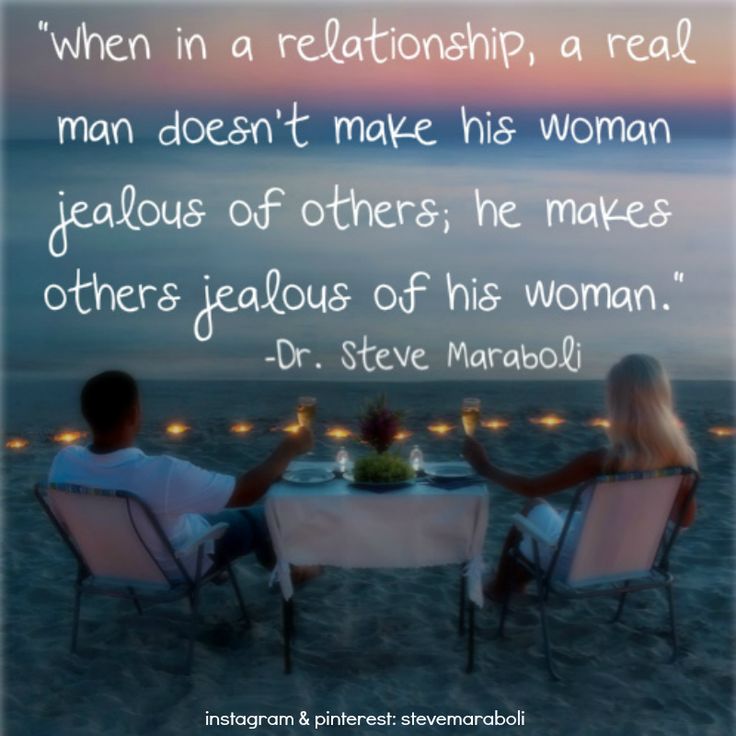 They can also cause harm that can be hard to recover from.
They can also cause harm that can be hard to recover from.
If jealous behavior and feelings impact your relationship, implementing strategies and techniques can help you navigate back to a more peaceful place. The following are some to consider.
Explore the root of jealousy
Try to identify why jealousy has become an issue and communicate openly with your partner about their point of view.
You may also consider asking a trusted friend for their opinion. You might be surprised how a different perspective can help you see more clearly.
Focus on the present moment
The presence of jealousy can be an opportunity to discuss the reality of your relationship versus the perception of what it should be.
Mindfulness and gratitude practices may also be beneficial for overcoming jealousy. Being grateful for the relationship you have, perfect or not, can help you identify all the things that work.
Therapy
Couples therapy may also prove beneficial.
Finding a space where we feel comfortable expressing our true feelings, especially on a sensitive topic like jealousy, can be difficult.
A therapist can help guide your discussions so that you and your partner can get to the root causes of jealousy. They can also help you work to reframe unhelpful behaviors or intrusive thoughts.
Jealousy is a natural emotion, but it can create quite a challenge for even the strongest relationships.
Whether you notice jealousy in your partner or yourself, understanding why jealousy is present is crucial to the relationship’s survival.
Try to observe how jealousy affects your relationship and explore the root cause without judgment.
It may take time, but you can overcome jealousy with an openness to communicate and an ability to employ gratitude toward your partner and relationship.
What is jealousy and should we fight it?
Jealousy is an unpleasant feeling that is difficult to experience. It occurs when it seems to us that a loved one is paying attention and love to someone else. People strive to keep what is important to them, and with the help of jealousy they demonstrate to their partner his importance. But uncontrolled jealousy, especially its frequent outbreaks, can develop into anger, provoke feelings of guilt and lead to conflicts. In such situations, jealousy can become a reason that destroys relationships.
It occurs when it seems to us that a loved one is paying attention and love to someone else. People strive to keep what is important to them, and with the help of jealousy they demonstrate to their partner his importance. But uncontrolled jealousy, especially its frequent outbreaks, can develop into anger, provoke feelings of guilt and lead to conflicts. In such situations, jealousy can become a reason that destroys relationships.
Understanding why we are jealous, do we need jealousy and when to fight it.
Who and why is jealous
Jealousy is a complex psychological phenomenon, an acquired reaction that we manifest in certain, different situations for each. The feeling of jealousy appears and develops in childhood. Children may be jealous of one parent for another, or a brother or sister for their parents.
The first similar feeling the child feels when he is weaned. This feeling of resentment, injustice, rejection by the mother is a normal new experience, which will subsequently become the basis for feelings of jealousy.
Teenagers are jealous of friends and lovers, and this feeling can completely absorb boys and girls with low self-esteem.
Jealousy manifests itself as a reaction to injustice, due to anxiety and feelings of helplessness, inability to express love or self-centeredness - rejection of other points of view than one's own.
Photo by Liane Metzler from Unsplash
For adults, the causes of jealousy are fear of losing the attention of a significant person, losing the attention and love of loved ones, as well as envy of someone because of his achievements, living conditions and other reasons. The main factor in the manifestation of jealousy is the feeling of a threat to something important, and the threat can be far-fetched. We are most jealous in romantic relationships.
Why do we need jealousy
Jealousy is inherent in every person: evolutionarily it was fixed as a necessary reaction, because it helped us to survive. First, pain or sadness prevents you from acting quickly and accurately. Jealousy helps to overcome this, feel the threat and try to quickly solve the problem. Secondly, jealousy is part of the rivalry that man has faced for most of his historical existence. She helped compete for a sexual partner and other important and limited resources.
First, pain or sadness prevents you from acting quickly and accurately. Jealousy helps to overcome this, feel the threat and try to quickly solve the problem. Secondly, jealousy is part of the rivalry that man has faced for most of his historical existence. She helped compete for a sexual partner and other important and limited resources.
Features of competition have influenced the fact that female and male jealousy are different. The evolutionary significance of male jealousy is to protect oneself from raising someone else's offspring, which was not uncommon in conditions of polygamy. Since the male could not be 100% sure that he was spending his energy on raising his own cubs, jealousy began to manifest itself more strongly in relation to sexual infidelity.
For women, the situation is different: the females tried to make sure that the partner would spend all possible resources only on her and her offspring. These resources should not have gone to others, because it was the key to survival. Therefore, female jealousy is stronger in relation to emotional betrayal, when the partner pays more attention to another woman.
Therefore, female jealousy is stronger in relation to emotional betrayal, when the partner pays more attention to another woman.
Private practice psychologist Veronika Pivkina explains: “In psychology, no feeling is considered unimportant, even anger, sadness and jealousy are needed for something. They help us, but some of their manifestations may be socially unacceptable: in such cases, people may consider feel bad about it."
Jealousy helps us keep the couple, because we have always strived to leave more offspring. Culture and society offer us very different norms of behavior and values. In addition, jealousy can be viewed as a point for development: the manifestation of negatively colored emotions demonstrates our weaknesses. For example, one woman is jealous of a partner for another woman on the basis that she is more slender. This is due to internal complexes, and in order to solve the problem, you first need to work on yourself.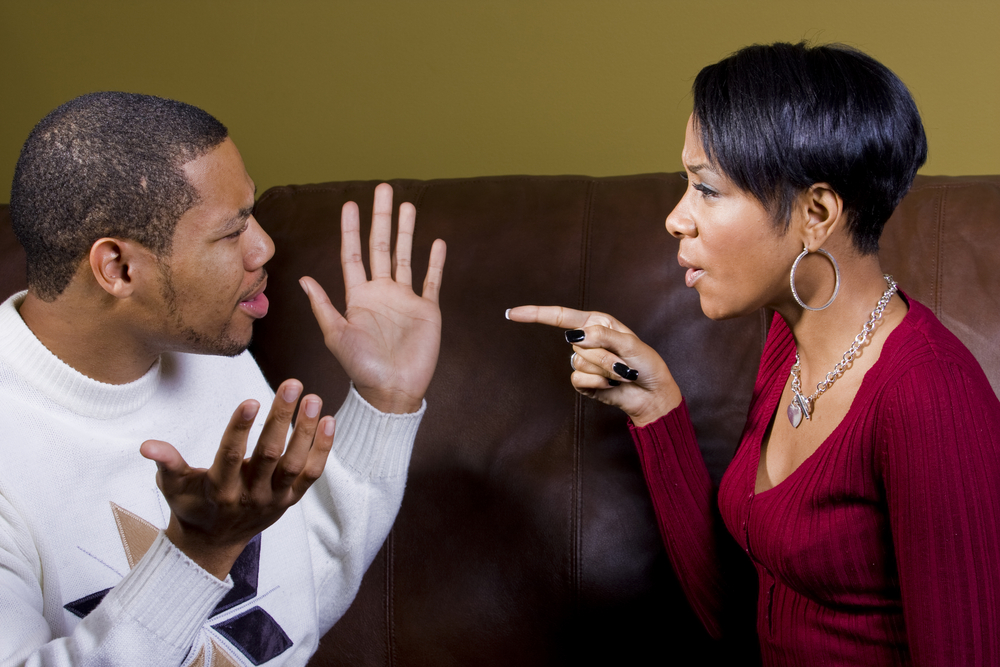
Unsplash photo of Priscilla Du Preez
Jealousy is inherent in everyone, and it is normal to feel it. This feeling has become ingrained in us for the sake of survival, since for most of our history we had to fight for survival. Now a woman is able to raise a child on her own, and jealousy for the sake of survival is not needed. Keeping a partner, no matter what, is no longer necessary, it is more important to build a comfortable and healthy relationship. Jealousy is worth accepting, but at the same time not allowing it to take control over you: strong and aggressive outbursts of jealousy destroy relationships and harm everyone.
Dealing with jealousy in a relationship
Uncontrolled manifestations of jealousy can destroy relationships, as they are often associated with aggression and humiliation of the partner's dignity. In a healthy relationship, this should not be the case.
"A person may be afraid of losing a partner and not show jealousy openly. Then he torments himself by secretly checking his partner's things, reading his messages, begins to follow him. These are unhealthy manifestations of jealousy that exhaust a person. All the energy that could be spent on something useful and productive goes to jealousy," says Veronika Pivkina.
Then he torments himself by secretly checking his partner's things, reading his messages, begins to follow him. These are unhealthy manifestations of jealousy that exhaust a person. All the energy that could be spent on something useful and productive goes to jealousy," says Veronika Pivkina.
Read also: Gaslighting: what it is and how to deal with this type of psychological abuse
Build an open, trusting relationship with friends or a partner in which situations, feelings and problems can be calmly discussed. Silencing negative feelings is not an option, because over time it will result in an uncontrollable emotional outburst.
In order to avoid negative emotional situations such as outbursts of jealousy, partners must trust each other.
Veronika Pivkina tells how to work on feelings of jealousy:
"Work on relationships is, first of all, work on oneself for each of the partners. It is worth paying attention to self-esteem: if a person is not confident in himself, then jealousy will always arise in response to the fact that someone is next to the partner who seems better than himself. It is important not to start the problem to an acute state, because then it will be more difficult and time consuming to solve it. Of course, it is easier to work with a specialist: this way you can distinguish between perception errors in different partners, look at the situation with an open mind. But if a person feels that he is capable to cope on their own, then normal specialists only encourage such a desire.I believe that the work of a psychologist is precisely to give tools for overcoming the problem on your own.An open, confidential conversation with a partner in a calm tone can help with this.Inform him about about what's bothering you, when and why you felt jealous. Ask your partner to help you deal with the situation and emotions."
It is worth paying attention to self-esteem: if a person is not confident in himself, then jealousy will always arise in response to the fact that someone is next to the partner who seems better than himself. It is important not to start the problem to an acute state, because then it will be more difficult and time consuming to solve it. Of course, it is easier to work with a specialist: this way you can distinguish between perception errors in different partners, look at the situation with an open mind. But if a person feels that he is capable to cope on their own, then normal specialists only encourage such a desire.I believe that the work of a psychologist is precisely to give tools for overcoming the problem on your own.An open, confidential conversation with a partner in a calm tone can help with this.Inform him about about what's bothering you, when and why you felt jealous. Ask your partner to help you deal with the situation and emotions."
When Jealousy Signals Danger
Jealousy is often romanticized and associated with love.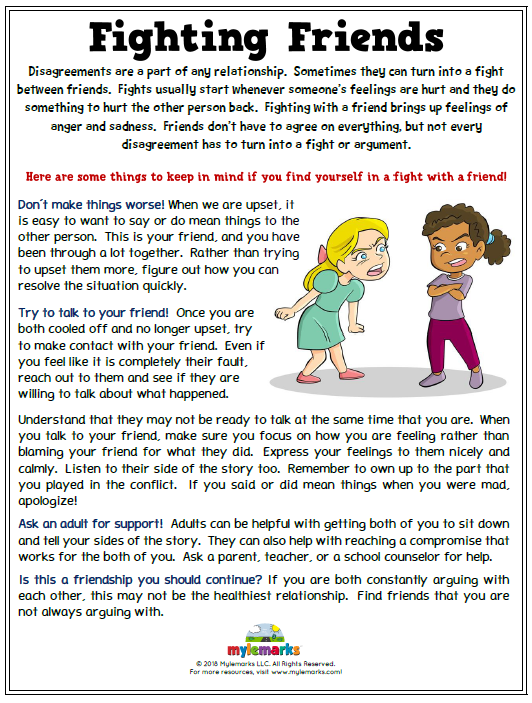 The feeling of love often accompanies the fear of losing it, but jealousy is not only a manifestation of such fear. Jealousy and love must be separated from each other. "Authoritarian, egocentric people are sure that there is their opinion and the wrong one. They want everything to be just the way they see it and consider it acceptable. If such an egocentric partner cheats and at the same time considers such behavior unacceptable, then he may think that the second partner "behaves the same way. This is projected jealousy, which helps him to transfer responsibility and calm his conscience: he attacks in order to reduce his feelings of guilt," the psychologist notes.
The feeling of love often accompanies the fear of losing it, but jealousy is not only a manifestation of such fear. Jealousy and love must be separated from each other. "Authoritarian, egocentric people are sure that there is their opinion and the wrong one. They want everything to be just the way they see it and consider it acceptable. If such an egocentric partner cheats and at the same time considers such behavior unacceptable, then he may think that the second partner "behaves the same way. This is projected jealousy, which helps him to transfer responsibility and calm his conscience: he attacks in order to reduce his feelings of guilt," the psychologist notes.
Sep photo from Unsplash
Projected jealousy may indicate that you are in a toxic relationship. Such relationships bring you emotional pain, deplete internal resources, negatively affect self-esteem, prevent you from realizing your goals and interfere with personal growth.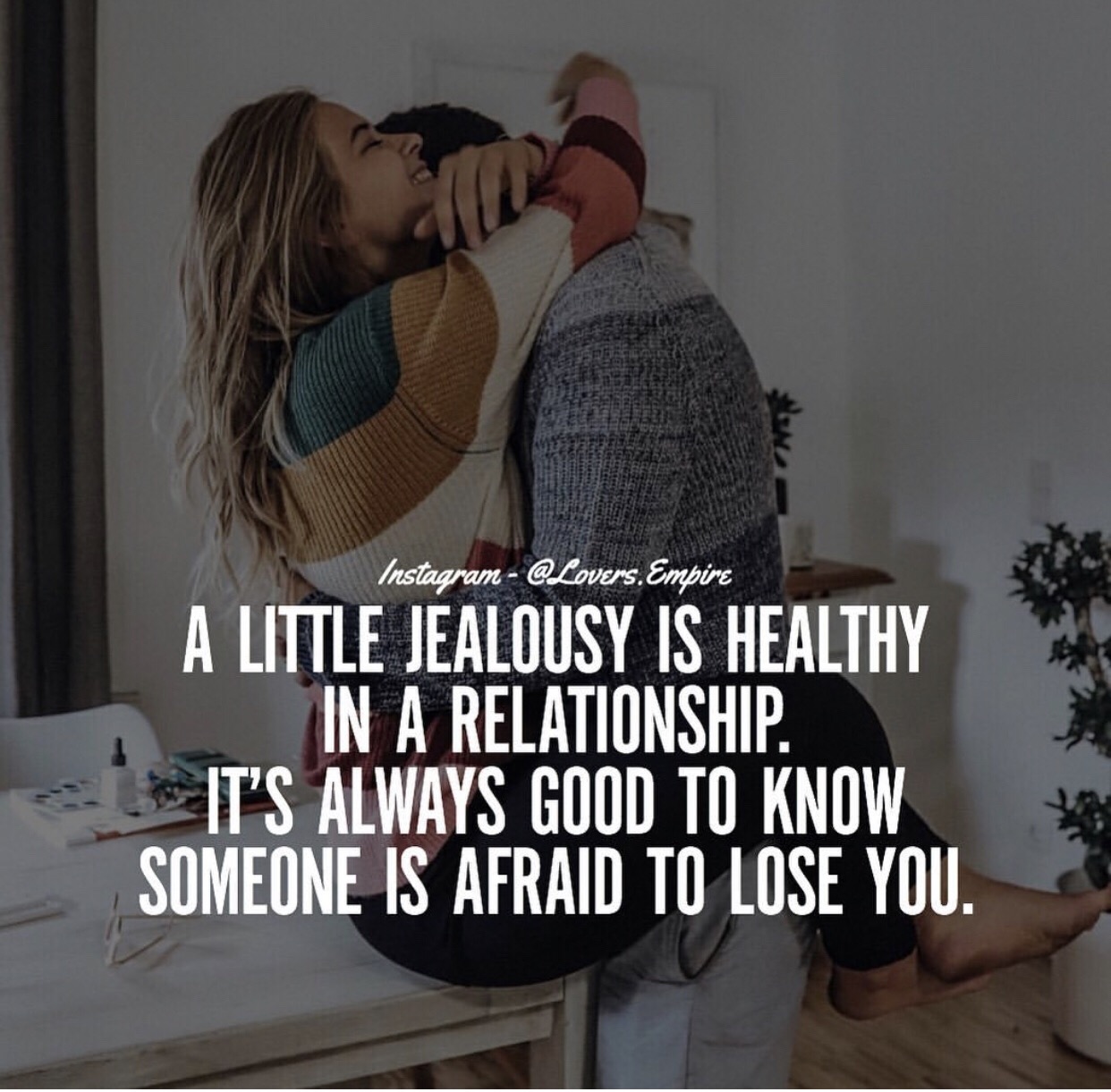
Toxic relationships and projected jealousy often escalate into abuse. An egocentric partner ignores, scandalizes, insults, tries in every possible way to ruin life, or even beats. In such situations, talking will not help, and it is better to step back as soon as possible. It is not always possible to cope with the actions of such a partner on your own, so do not be afraid to ask for help, at least contact your friends or relatives for support.
If you encounter partner aggression, then call the hotline of the psychological support service in crisis situations: 8 (7172) 38-03-06. Psychological support is provided by professional psychologists of the service who have undergone special training. Working hours: Monday - Friday from 9.00 to 18.30, Saturday - from 10.00 to 13.00.
If you are in danger, call the emergency number 112 or call the police directly on 102.
No one has the right to mock another person: neither physically nor morally. Any manifestations of aggression or humiliation of your dignity is an alarm signal. Do not bring the situation to serious consequences.
Jealousy can give rise to outbursts of aggression when a person is not able to control himself. On the basis of such emotions, crimes are committed, and in some cases, experiences develop into paranoid delirium of jealousy - one of the manifestations of schizophrenia or a mental disorder as a result of alcoholism. In this state, a person is dangerous to others. In forensics, jealousy is considered one of the motives for domestic crimes.
“Jealous means love” and other myths about jealousy in relationships
All of us at least once encountered scenes of jealousy: someone was an observer, and someone was a direct participant. Even from the outside, jealousy makes you feel the destructive power of this feeling, but so far there is no unambiguous attitude towards it.
 Some believe that jealousy strengthens relationships and adds “peppercorns” to them, while others call it another form of abuse. We figure out whether jealousy is so useful and how to deal with it.
Some believe that jealousy strengthens relationships and adds “peppercorns” to them, while others call it another form of abuse. We figure out whether jealousy is so useful and how to deal with it. Where does jealousy come from?
Jealousy is a complex feeling, the set of emotions included in it can be varied. As a rule, jealousy includes attachment to a partner, fear of loneliness or loss of a partner. Anger, rage can also be added, and together they show a person not from the most pleasant side.
However, jealousy did not fall on people from heaven, and we learned to be jealous not from Shakespearean tragedies. This feeling is a complex evolutionary mechanism that appeared to support partnerships: for example, to raise children. It is worth remembering that in ancient times, when a person was just inventing writing and mastering tools, raising children took much less time than now, and jealousy helped partners stay together for as long as necessary. This feeling, as it were, gave a signal: "Your relationship is in danger, you need to do something. " In a sense, jealousy gave value to interpersonal relationships. To this day, the evolutionary theory of the origin of jealousy is still being actively discussed in the professional community, more and more questions arise regarding at what point a person begins to experience jealousy, how much the intensity of this feeling is related to gender, age and temperament of a person, and what evolutionary processes could influence it.
" In a sense, jealousy gave value to interpersonal relationships. To this day, the evolutionary theory of the origin of jealousy is still being actively discussed in the professional community, more and more questions arise regarding at what point a person begins to experience jealousy, how much the intensity of this feeling is related to gender, age and temperament of a person, and what evolutionary processes could influence it.
Some people are more prone to jealousy than others. According to a 2017 study (which collected and analyzed all scientific publications on the topic of jealousy since 1978), the manifestation of jealousy is primarily influenced by: ) in 2012 showed that indicators may differ depending on gender. So, men with low self-esteem turned out to be more prone to jealousy, and women - on the contrary: the higher their self-esteem was, the more they were jealous of their partners.
Injuries
An equally important factor is traumatic events experienced: betrayal by a previous partner, divorce of parents, the appearance of younger brothers and sisters, to whom parents paid more attention.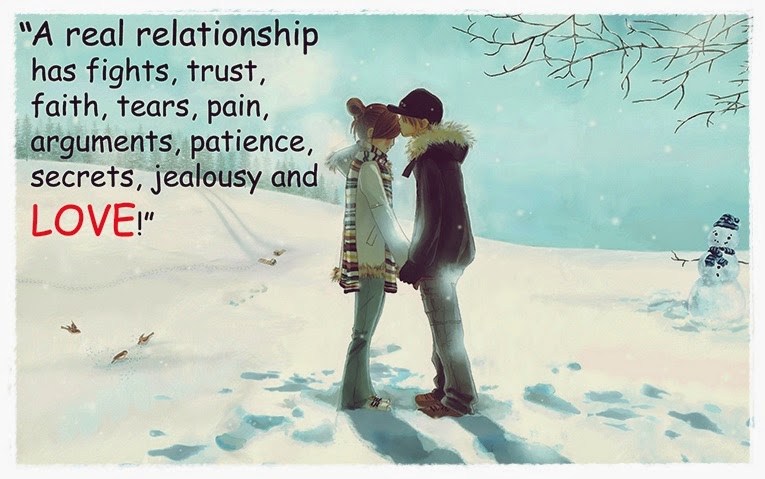
Type of attachment
Another factor of jealousy is the type of attachment of partners. If a partner has an anxious-resistant type of attachment (that is, there is a sufficiently high fear of losing a partner), he will more often show jealousy towards his soulmate.
“There are a lot of reasons for jealousy: among them are low self-esteem and the worthlessness of relationships as such. It often happens that a person who cheats himself becomes violently jealous of his partner, because we see in others what is manifested in ourselves. And there is another type of attachment, anxious, which is formed in relationships with parents at the age of four. At this age, the child must go through the stage of attachment formation, in which the realization is developed that if the parent left the room, disappeared from sight, he still exists and loves the child. If this point is not passed, then a child (and later an adult) has love only when an important person is nearby, in sight, holding a pen.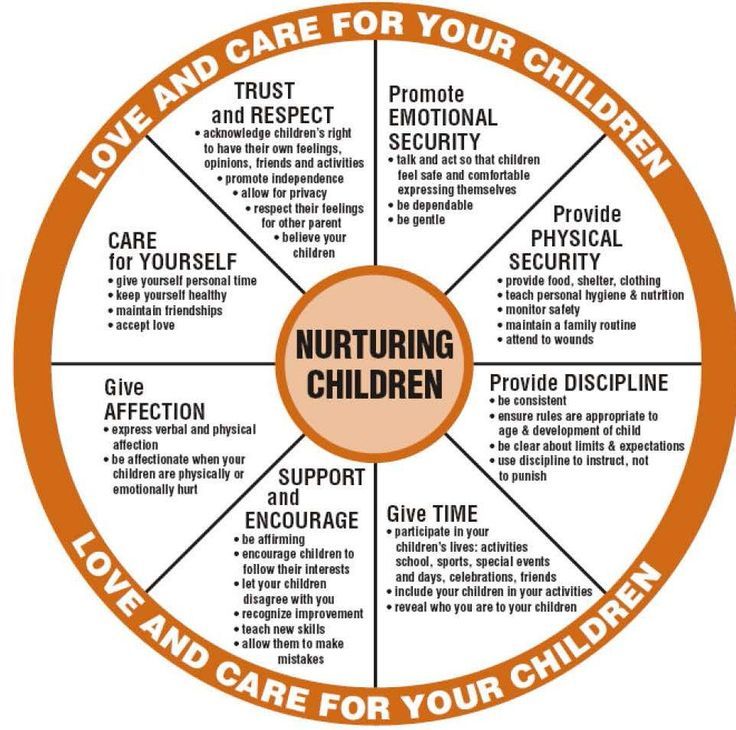 If this is not there, then the person does not feel love, and along with this, the fear comes to him that the partner will disappear at any moment, disappear, which gives countless reasons for jealousy.
If this is not there, then the person does not feel love, and along with this, the fear comes to him that the partner will disappear at any moment, disappear, which gives countless reasons for jealousy.
Alena Vanchenko, neuropsychologist, psychotherapist
Over many decades, a whole culture of jealousy has formed in different countries, which differs from one territory to another, although in general people have common features.
Bram Buunk and Ralph Hupka in 1987 studied the population of seven countries (Hungary, Ireland, Mexico, the Netherlands, the USSR, the USA and Yugoslavia) and found that in almost all subjects, kissing, flirting and sexual relations cause a reaction of jealousy, while dancing , hugs and sexual fantasies did not cause feelings of jealousy. However, Daniela Zandbergen and Susan Brown point out in a 2015 study that a culture of sexual infidelity may be a better predictor of jealousy than gender. For example, a group of scientists who studied the sociocultural aspects of jealousy in 1995 reported that American men are more concerned about sexual infidelity than Chinese men. Similar results were obtained when comparing Cuban men with Spanish men (Canto, Moscato, & Moreno-Jimenez, 2010). At the same time, people of both sexes may experience stronger jealousy if their competitor is a representative of a different country or culture.
Similar results were obtained when comparing Cuban men with Spanish men (Canto, Moscato, & Moreno-Jimenez, 2010). At the same time, people of both sexes may experience stronger jealousy if their competitor is a representative of a different country or culture.
Different types of jealousy are defined on the basis of their cause and effect. Bram Buunk (1997) defines reactive jealousy as a reaction to a partner's intimate and sexual behavior with someone else. Buunk also defines possessive jealousy as a behavior that a person undertakes to prevent their partner from having intimate contact with a third person. Similarly, anxious jealousy is characterized by obsessions and suspicions about potential behavior that harms relationships (Buunk, 1997). Reactive, possessive and anxious jealousy are defined within Buunk's theory of jealousy. Pfeiffer and Wong (1989), in their multidimensional theory of jealousy, describe cognitive and emotional jealousy as different ways of experiencing jealousy. Cognitive jealousy refers to the cognitions, thoughts, and anxieties a person experiences while expressing jealousy. Emotional jealousy refers to the experience of a perceived threat to a valued relationship.
Cognitive jealousy refers to the cognitions, thoughts, and anxieties a person experiences while expressing jealousy. Emotional jealousy refers to the experience of a perceived threat to a valued relationship.
How does jealousy affect relationships?
The influence of jealousy on relationships is mostly negative. Although there are studies that confirm that a little jealousy makes relationships more dynamic, and sex brighter, but in general, frequent manifestations of jealousy lead to a decrease in trust between partners.
If jealousy is groundless and mainly based on doubts in a partner, but manifests itself through a severe violation of the partner's personal boundaries, attempts to control or emotional abuse, it becomes dangerous.
"There is no such thing as a 'safe dose of jealousy'. If your partner is jealous, even if he does not explode in public, does not use violence, but if there are quarrels based on jealousy in the relationship, this is an alarming bell. There is tension in such relationships, a jealous partner can make a person feel like a deceiver, try to control - this is not the kind of relationship that a healthy person wants to be in.
There is tension in such relationships, a jealous partner can make a person feel like a deceiver, try to control - this is not the kind of relationship that a healthy person wants to be in.
On the other hand, if the jealous partner is you yourself, you catch yourself wanting to read your partner’s correspondence or put a bug in his pocket, it’s better to contact a psychologist. During the consultation, you can find out what prevents you from fully trusting your partner.
An open and honest relationship does not imply jealousy, and if it does, then its discussion takes place in the format of a conversation, without mutual insults and accusations.”
Alena Vanchenko
How to deal with jealousy?
It is important to remember that jealousy is primarily a feeling that is designed to help maintain relationships and partners. It is unlikely that you will be able to avoid it completely, so the best thing is to learn to correctly recognize when and in what circumstances you experience jealousy.


